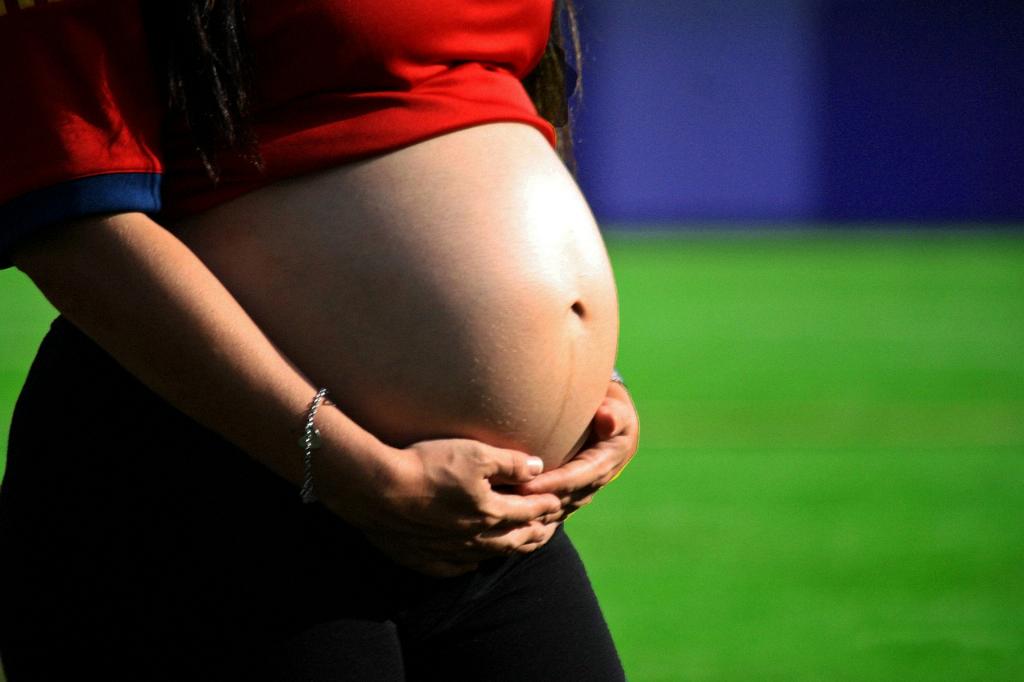Getting a positive pregnancy test after undergoing in vitro fertilization (IVF) can be an incredibly exciting and emotional moment for individuals or couples who have been through the challenging journey of fertility treatment. The confirmation of a successful pregnancy brings hope and joy, but it also marks the beginning of a new phase of monitoring and care.
Upon receiving a positive pregnancy test result following an IVF procedure, you will typically continue to be under the care of your fertility clinic for the first 7-10 weeks of your pregnancy. This is a crucial period where close monitoring and support are essential to ensure the health and well-being of both the mother-to-be and the developing embryo.
One of the key factors that will be closely monitored during this time is the level of human chorionic gonadotropin (hCG) in your blood. While the exact hCG level is important, the rate at which it increases is even more crucial. Ideally, the hCG levels should double approximately every 48-72 hours in the early stages of pregnancy, indicating healthy embryo development.
Aside from tracking hCG levels, your fertility clinic will also conduct regular ultrasound scans to monitor the progress of the pregnancy. These scans help to confirm the presence of a gestational sac, a yolk sac, and eventually, the development of a fetal heartbeat – important milestones that indicate a healthy pregnancy.
As the pregnancy progresses, your fertility clinic will continue to provide guidance on prenatal care, including recommendations for prenatal vitamins, dietary considerations, and lifestyle adjustments to support a healthy pregnancy. They will also monitor for any potential complications or signs of miscarriage, providing timely intervention if needed.
Emotionally, receiving a positive pregnancy test result after IVF can be a mix of joy, relief, and anxiety. It is normal to feel a range of emotions as you navigate this new chapter, especially if you have experienced infertility or pregnancy loss in the past. Seeking support from your partner, loved ones, or a counselor can be beneficial during this time.
Some individuals may experience physical symptoms such as morning sickness, fatigue, and breast tenderness in the early stages of pregnancy following IVF. These symptoms are a reassuring sign of hormonal changes and a developing pregnancy, but they can also be challenging to manage. Your fertility clinic can offer advice on coping strategies and symptom relief.
It is important to remember that every pregnancy is unique, and the journey following a positive pregnancy test after IVF may have its ups and downs. Be gentle with yourself, practice self-care, and communicate openly with your healthcare team about any concerns or questions you may have. Building a strong support network and staying informed can help you navigate this period with confidence and positivity.
In conclusion, a positive pregnancy test after IVF marks the beginning of a new chapter filled with hope, anticipation, and careful monitoring. With the support of your fertility clinic, prenatal care, and emotional well-being strategies, you can nurture a healthy pregnancy and prepare for the arrival of your precious little one.

